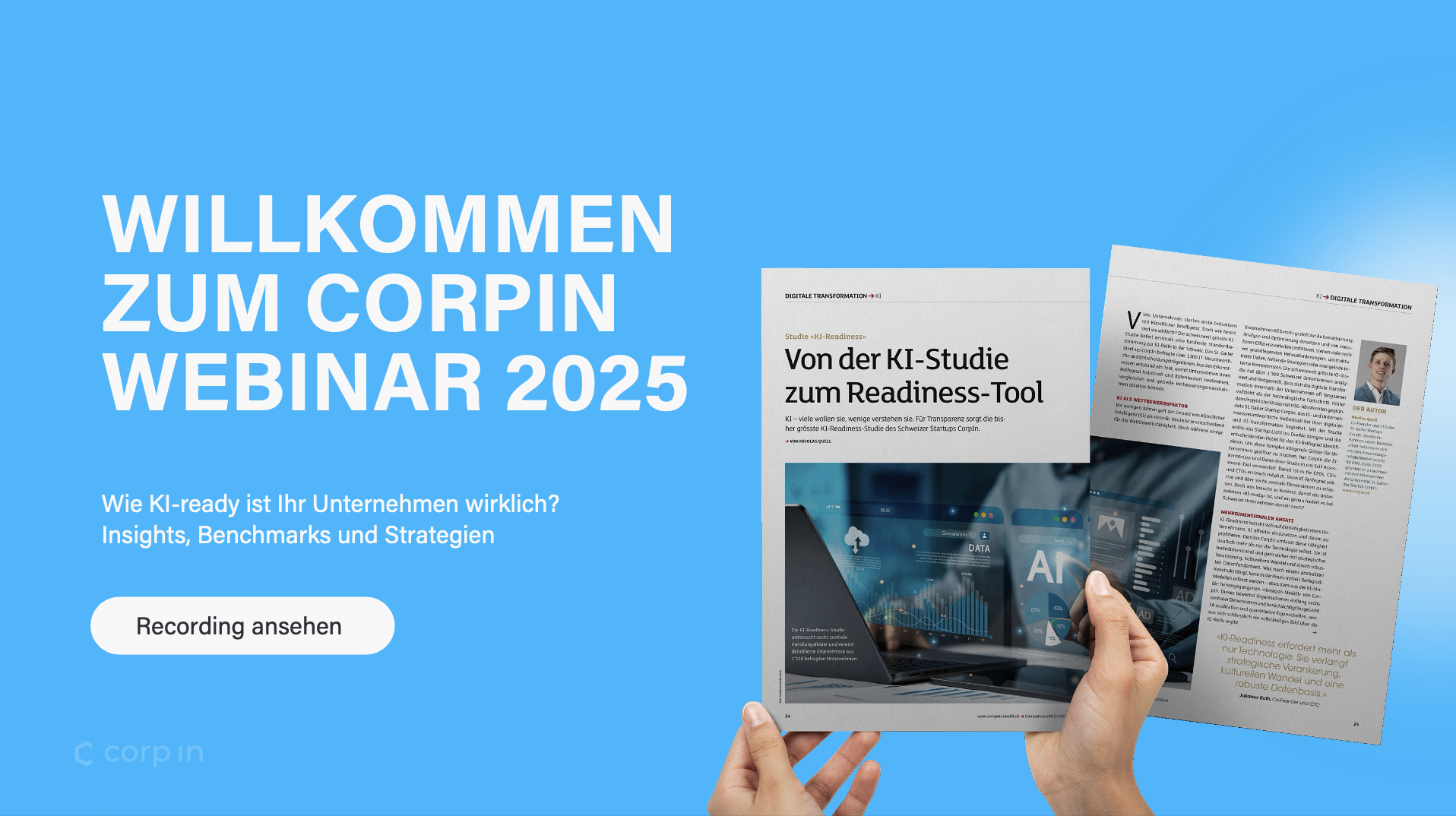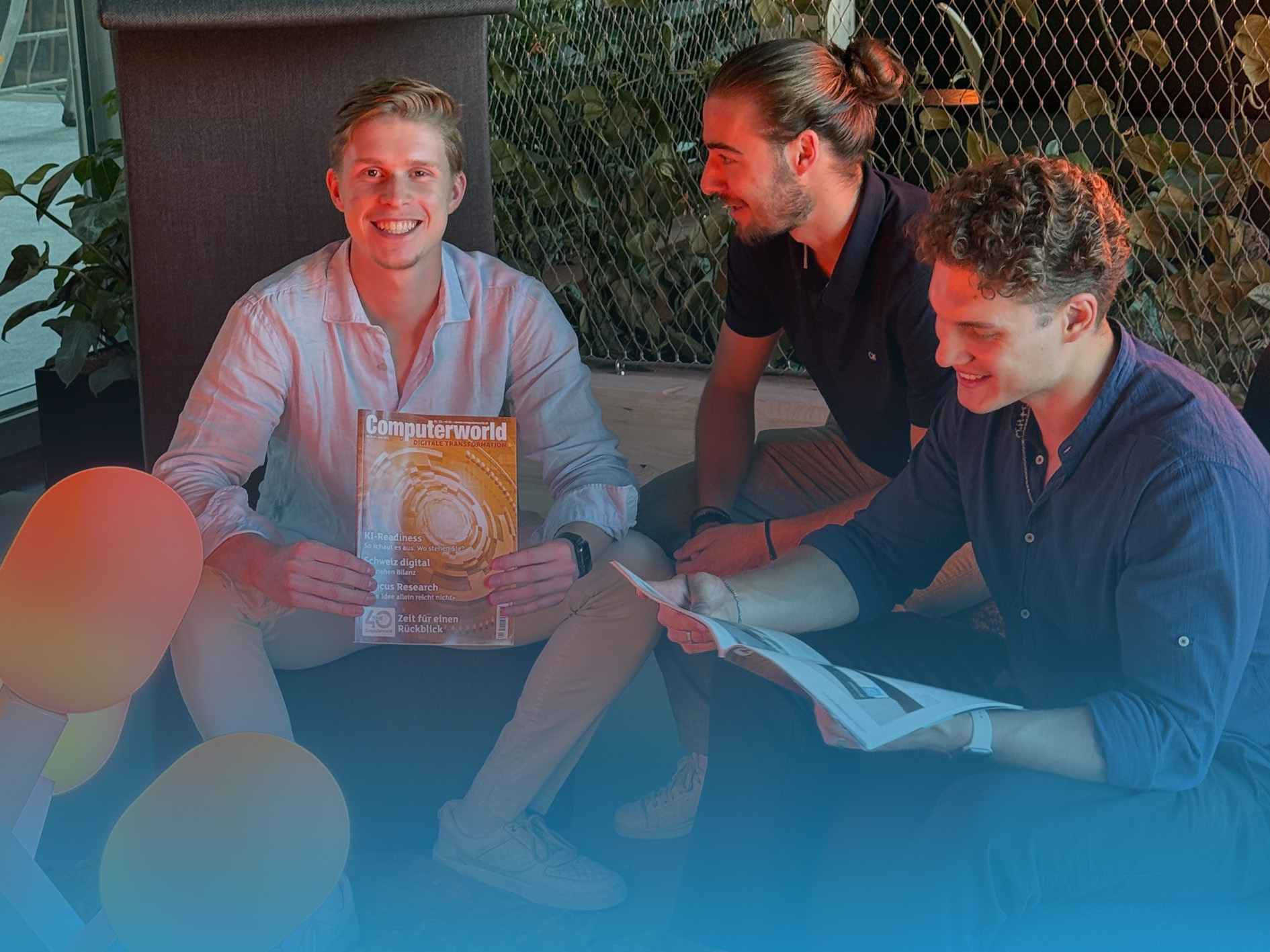Budget optimization for non-profit organizations: How AI as a strategic partner reduces costs and increases effectiveness

Authored by

August 5, 2024
Non-profit organizations (NPOs) often face the challenge of using limited resources effectively while achieving maximum impact. Budget optimization is critical to sustainably fulfilling their mission while achieving maximum reach. Artificial intelligence (AI) can act as a strategic partner here, helping NPOs to target their resources, optimize processes and save valuable time. In this article, we take a look at current trends, challenges and practical AI solutions for budget optimization in non-profits.
Current situation and trends: AI in budget optimization for non-profits
Non-profits are increasingly digitally oriented in order to meet the growing demands of a networked world. The rapid development of AI technologies offers new opportunities to use limited budgets more efficiently. From donor analysis and targeted campaign optimization to automated administration, AI opens up a wide range of options to make the best use of resources.
Technological trends in non-profits
Many NPOs now rely on AI-driven data analysis to develop targeted campaigns and improve donor retention. In addition, machine learning algorithms can reduce administrative costs and automate administrative tasks. In addition to increasing efficiency, AI can also help to gain valuable insights that improve decision-making and enable strategic budget planning.
Increase in data-driven approaches
Another development is the trend towards data-driven decisions. With the help of AI, large amounts of data from various sources such as social media, donation histories and marketing channels can be analyzed. This data provides valuable insights into the behavior and preferences of target groups, which is crucial for the targeted and efficient use of resources.
Challenges and opportunities of AI-supported budget optimization
Challenges
1. limited financial resources for new technologies
The introduction of AI initially requires investment in technology and training, which could put a strain on the budget. Many NPOs are therefore reluctant to use AI, even though it could save costs in the long term. Careful planning is therefore essential to make the implementation as efficient as possible.
2. data access and data protection
NPOs process a large amount of sensitive information, especially when it comes to donor data or information on funding projects. Data protection is therefore a major challenge when implementing AI technologies. AI solutions must comply with the applicable data protection regulations in order not to jeopardize the trust of donors.
3. skills shortage in the AI sector
The use of AI requires technical expertise, which is limited in many non-profit organizations. There is often a lack of employees with the necessary knowledge in data analysis and AI implementation, which makes the introduction of such technologies more difficult. Partnerships with experienced service providers can offer a solution here.
4. resistance to technological change
The introduction of new technologies can cause uncertainty and resistance among employees. For a successful implementation, it is important to clearly communicate the benefits of AI and offer training to promote acceptance.
Opportunities
1. increased efficiency and cost savings
AI can automate repetitive tasks, such as managing donor data or sending thank-you notes. This reduces the workload for employees and saves costs in the long term, which can be used elsewhere.
2. better donor analyses and targeted campaigns
AI-supported analyses allow donors to be better segmented, enabling targeted campaigns to be developed that strengthen donor loyalty and maximize donation income. This leads to greater effectiveness in the use of resources.
3. transparency and improved decision-making
AI provides data-based insights that facilitate budget planning and the allocation of resources. With a sound basis for decision-making, non-profits can better adapt their strategy and respond specifically to the needs of their target groups.
Practical solutions and strategies for using AI in budget optimization
Successful integration of AI in non-profits requires practical strategies and solutions that are easy to implement and at the same time offer the greatest added value. Here are some proven approaches:
1. AI-supported donor segmentation
AI can be used to segment donors based on behavior, preferences and donation history. This enables the development of targeted campaigns that address the needs of different donor groups and increase the effectiveness of the campaigns.
2. automated communication
AI-based automation tools can automatically send and personalize repetitive tasks such as emails and thank-you letters. This saves valuable time and at the same time donors benefit from a more personalized approach. Such tools can also be used for communication on social media to increase reach.
3. forecasting donation volumes and budget planning
AI can analyze patterns in past donation activities and thus make predictions about future income. This facilitates budget planning and helps non-profits to respond better to fluctuations in donations. For example, an AI tool can recognize seasonal donation patterns and adjust campaigns accordingly.
4. automated expenditure management
Internal budget management can also be optimized using AI. AI-controlled systems can automatically record and categorize income and expenditure and generate reports. This not only improves efficiency, but also enables budgets to be monitored more closely and deviations to be identified at an early stage.
5. optimization of fundraising campaigns
AI enables nonprofits to improve their fundraising strategies by analyzing which campaigns achieve the best results. For example, AI-powered tools can test which message formats or channels resonate the most, maximizing the effectiveness of campaigns.
6. use of chatbots to relieve the team
An AI-supported chatbot can be the first point of contact for donors and answer frequently asked questions. This reduces the workload for employees and donors receive the information they need quickly. This function is particularly helpful in the hectic period before and during major campaigns.
7. partnerships with experienced providers
For NPOs that want to take the step towards AI, cooperation with specialized service providers such as CorpIn can be a great advantage. These service providers not only offer technical expertise, but also support with implementation and staff training.
How CorpIn supports non-profits with budget optimization
CorpIn offers non-profits comprehensive support in budget optimization through AI. With a data-driven approach and tailor-made solutions, we help organizations use their resources more efficiently and better reach their target groups. Our team analyzes the individual needs of each organization and develops AI solutions that optimize budget management and campaign planning.
For example, we support non-profits in implementing donor analyses that enable targeted fundraising strategies. Our AI-based tools help to understand donor needs and design campaigns accordingly. In this way, we maximize the success of campaigns and ensure that donations are used optimally.
We also offer training and change management measures to ensure a smooth implementation and fully exploit the potential of the technologies. Our experts are on hand to advise on data security and data protection issues so that organizations retain control over their sensitive data.
Conclusion
For non-profits, artificial intelligence can be a valuable partner in making the best use of budgets and achieving maximum impact. Whether through the automation of administrative tasks, the segmentation of donors or data-based decision-making, AI offers a wide range of opportunities to increase efficiency. The targeted use of AI makes it possible to reduce routine tasks and focus attention on the essentials: achieving the organization's mission.
With an experienced partner like CorpIn at their side, non-profits can successfully embark on the path to budget optimization and sustainably increase their effectiveness. Our tailored solutions and expertise help organizations achieve their goals while overcoming the challenges of digitalization. Contact us for an individual consultation and find out how we can support your organization.
The content of this article may have been improved with the help of artificial intelligence. Therefore, we cannot guarantee that all information is complete and error-free.




